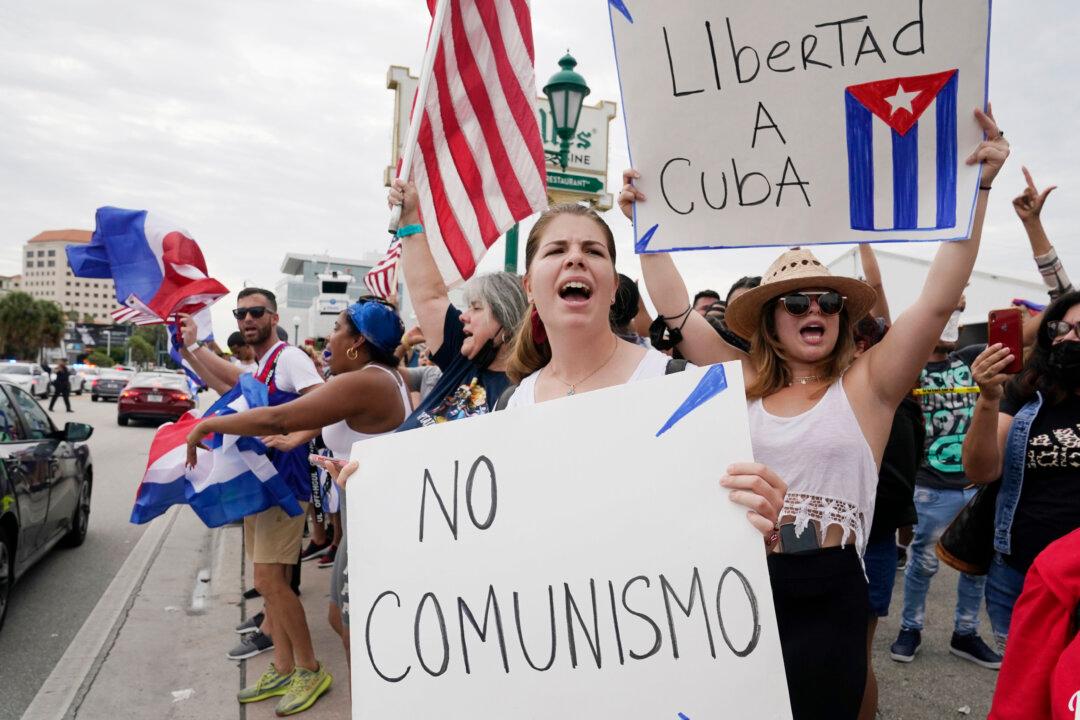Commentary
Last week, Black Lives Matter Global Network Foundation, the corporation behind the Black Lives Matter movement, issued a rather interesting statement. The corporation’s members stood in solidarity with the people of Cuba. The “U.S. federal government’s inhumane treatments of Cubans” was unacceptable. Not finished there, BLM appealed to the Biden administration to lift the embargo, as it only serves to undermine the “Cubans’ right to choose their own government.”





